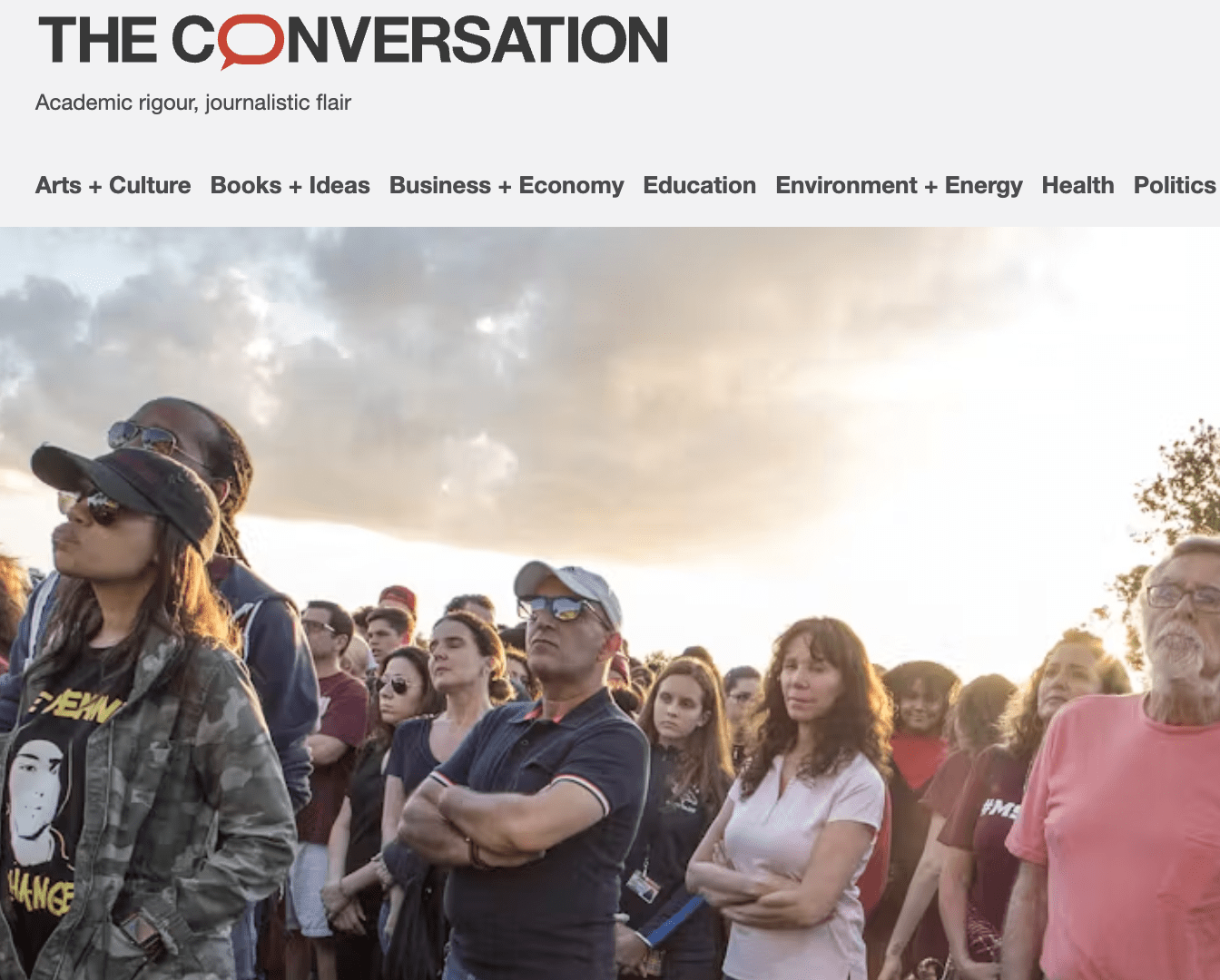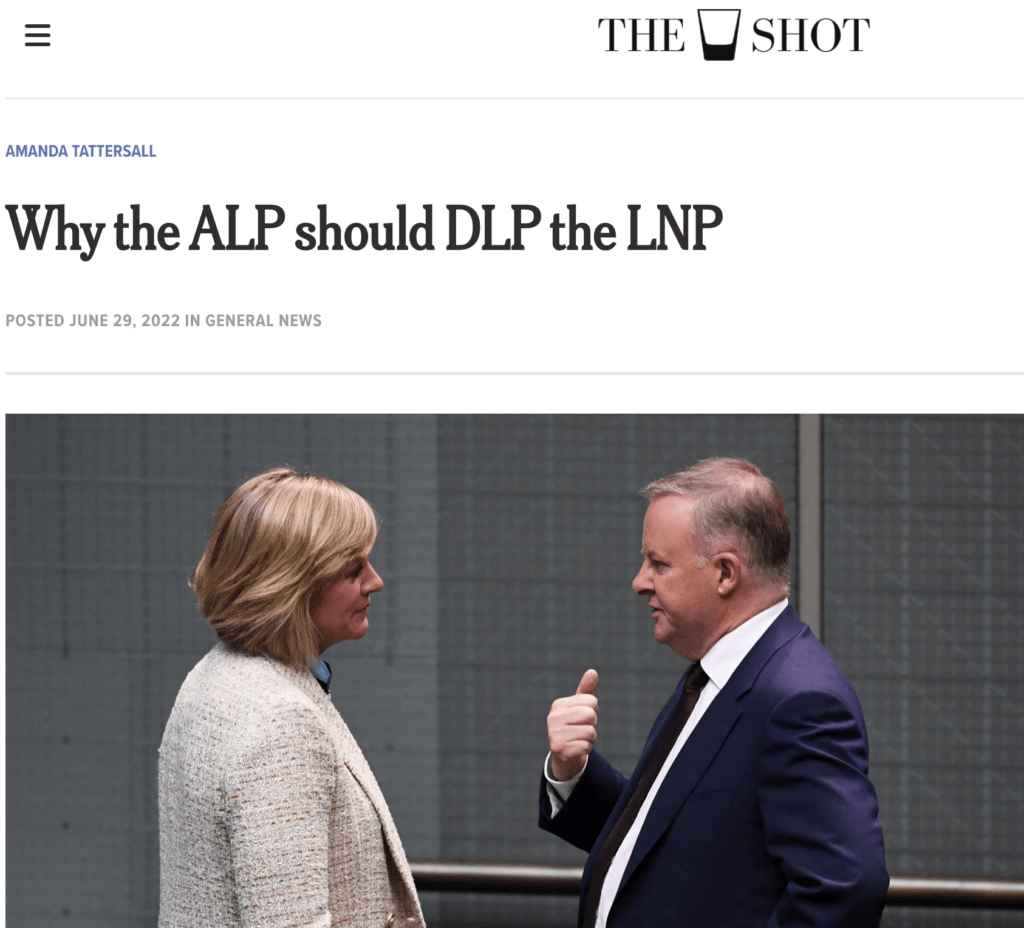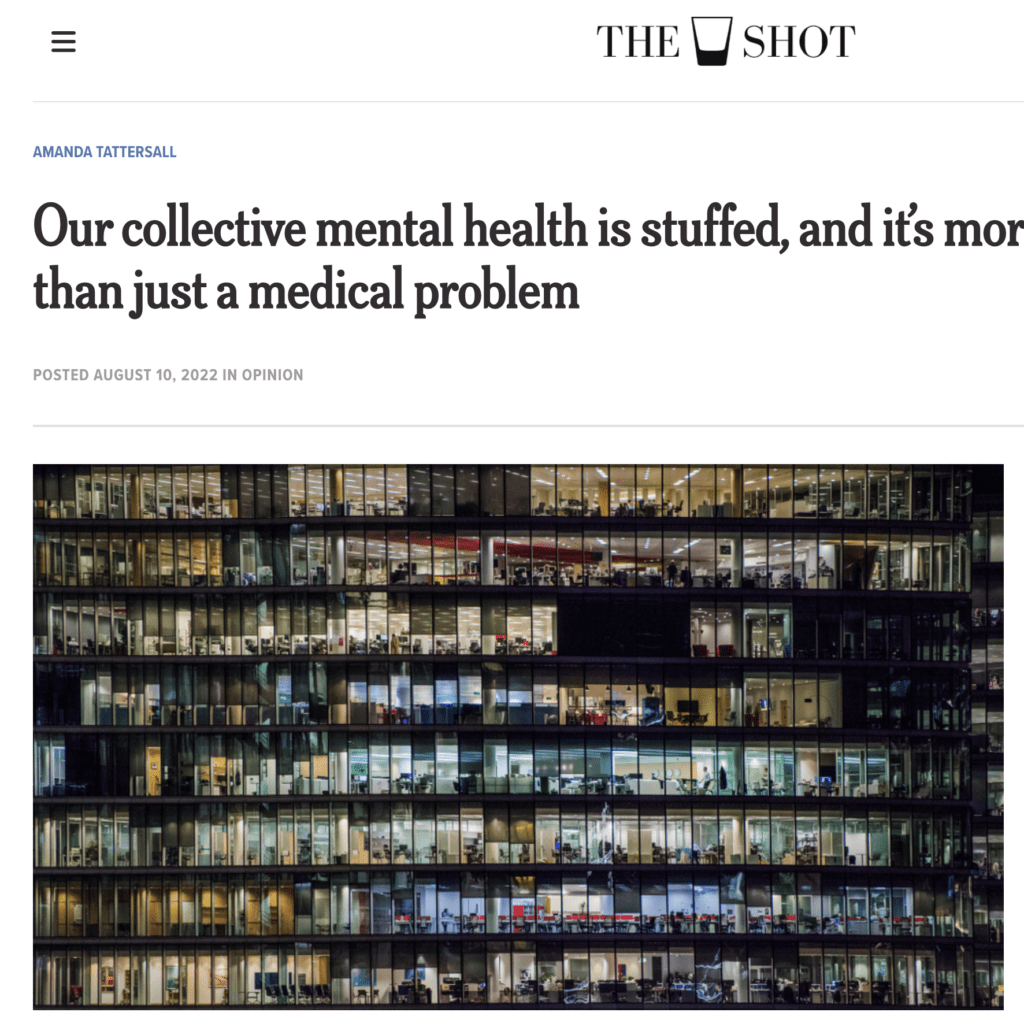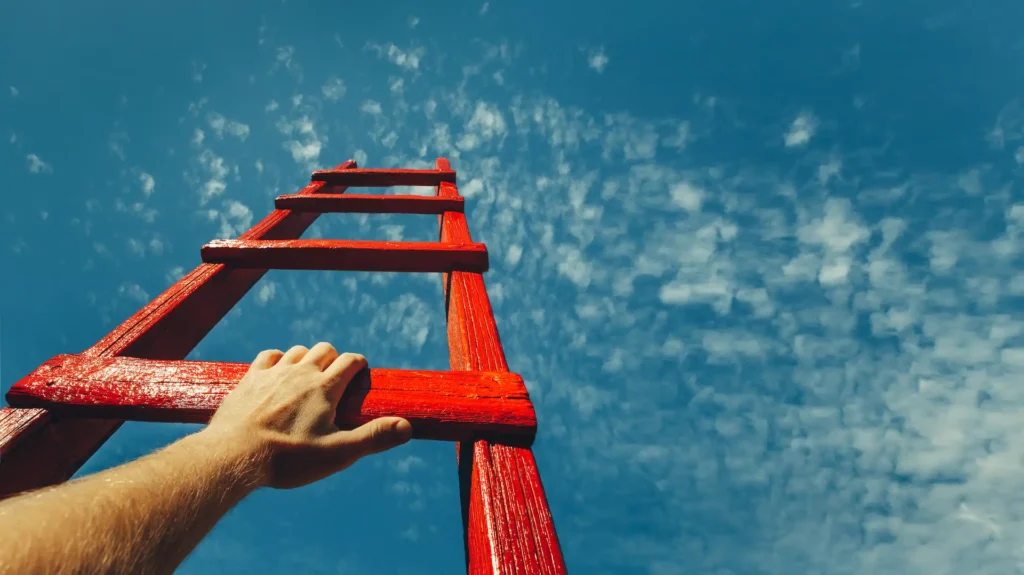Blogs & Speeches
What Parkland’s experience tells us about the limits of a ‘security’ response to Christchurch
I interviewed leaders from the March for our Lives movement days before the Christchurch massacre. Here are some lessons I learnt.
A few days before the Christchurch massacre I was in Parklands, Florida, the site of a school shooting in 2018. I was there to interview students that helped lead a movement against gun violence as part of a three part series of March for Our Lives on ChangeMakers. These are some of the lessons I learnt.
Citation:
Tattersall, A. (2019) What Parkland’s experience tells us about the limits of a ‘security’ response to Christchurch.’ Conversation, Aug 2.
Overview
In the days before the mass shootings in Christchurch I was visiting Parkland, Florida, where 17 people were killed in a school shooting on Valentine’s Day 2018. I was recording a story about how those survivors and their allies built a global movement against gun violence. I met students, teachers and supporters.
These American students knew all about Australia’s gun laws. “How did you get such strong laws?” they would ask. And I would tell them about the Port Arthur massacre and how our conservative prime minister acted. “We haven’t had a gun massacre since,” I proclaimed. Days later, I felt shame at my hubris – an Australian has been charged with the shootings at two mosques in Christchurch, New Zealand.
Lessons from a ‘high-security’ suburb
We have so much to learn from Parkland. And it’s not simply how they built a remarkable social movement. Some lessons become visible only when you actually see the place.
Parkland is a suburb close to the Everglades, 30 minutes from the beach and an hour north of Miami. It is a wealthy, majority-white neighbourhood. But the thing that overwhelmed me when I was driving around is that it is a gated community.
The entire suburb is broken up into large blocks, and at the centre of each block is a single entrance for cars. The road has a security hut, large barriers stretching across and there is a large gate. You need a PIN code to go inside.
When you go through, the homes and streets are beautiful. Green grass, and every home has one of those white mailboxes with a red flag that turns up when the mail arrives.
These gated communities tell you something. Parents choose to live behind walls to create a nice way to live and keep their family safe.
But in Parkland all that security didn’t keep them safe. Darkness found a new way in – and everyone is still feeling the murderous pain.
The limits of security and walls offer a profound lesson for us in Australia as we work out how to respond to the terrorism in Christchurch. Prime Minister Scott Morrison wants to lock up our places of worship – particularly mosques. He wants police with guns and security checks. It’s like he wants to build religious gated communities.
This approach is consistent with his other policies – use the navy to stop boats, use cages to stop refugees. Our prime minister has only one register – security.
But if Parkland showed anything, it’s that gated communities don’t stop violence. The violence just moves and shifts. An aggressive security response might make you “feel” safer, but it doesn’t make you safe.
At the same time, security heightens the tension. And it does nothing to deal with the causes of the violence.
So how do we respond to the causes of the violence? In Parkland, the main issue was access to guns. The March for Our Lives students called this out quickly. They gained traction because they bravely and forcefully condemned the National Rifle Association for creating the context for mass shootings – easy access to guns.

More work

Why the ALP should DLP the LNP
What coalition building strategies have to teach modern political parties.

Our collective mental health is stuffed, and its more than just a medical problem
Turning how we think about mental illness upside down to find a new way through.

Scale is the most confusing word in social change
What does the word scale mean when it comes to social change? This piece explores four different ways…